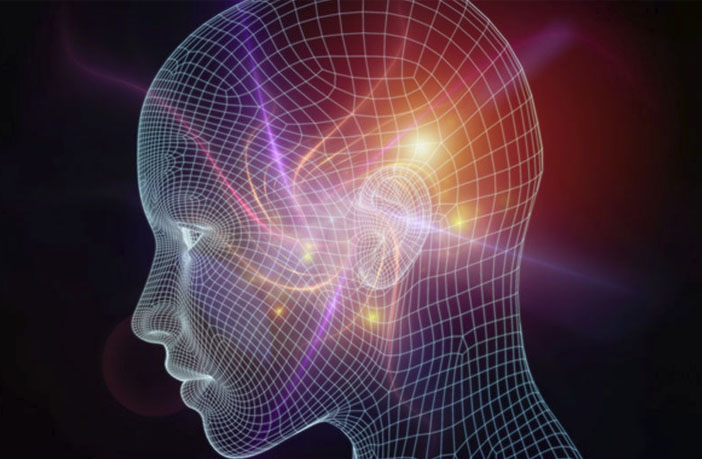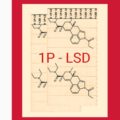How 5-Meo-Dmt Induces Rapid Changes In Inflammatory Markers New Study
A recent study published in the journal Psychopharmacology reveals that In addition to reducing symptoms of depression, the psychedelic drug 5-methoxy-N,N-dimethyltryptamine (5-MeO-DMT) appears to cause changes in inflammatory biomarkers.
“5-MeO-DMT is a very unique and interesting molecule which certainly deserves further scientific attention,” said study author Malin Uthaug (@malin.uthaug), a PhD candidate at Maastricht University in the Netherlands.
“As it is a rather unexplored area, I’ve been researching the effects of the fast-acting psychedelic substance for the past 2-3 years as part of my doctoral work at Maastricht University. This study is the second published study on the topic from my dissertation, which I will defend during the spring 2020.”
To examine the effects of inhalation of vaporized synthetic 5-MeO-DMT on stress and inflammatory immune functions, Uthaug and her colleagues tested 11 participants before they consumed the drug, after they consumed the drug, and 7 days later.
The participants completed assessments of depression, anxiety, stress, life satisfaction, ego dissolution, mindfulness, and altered states of consciousness. They also provided the researchers with saliva samples, allowing them to check inflammatory biomarkers such as cortisol.
The researchers found that participants tended to have higher mindfulness rating of non-judgment and reduced symptoms of depression directly after the 5-MeO-DMT session, as well at the 7-day follow-up.
However, five of the 11 participants reported adverse effects after consuming the psychedelic, such as feeling scared and confused, and three participants reported adverse effects in the week after the session.
“This suggests that adverse events from the psychedelic experience are tolerable but challenging and occur in a sizeable fraction of 5-MeO-DMT users,” the researchers said.
Uthaug and her colleagues also found that 5-MeO-DMT increased levels of cortisol while reducing levels of another inflammatory biomarker, interleukin-6 (IL-6).
“This study illustrates for the first time the immunomodulatory potential of 5-MeO-DMT, alongside with replications of previous findings of improvement of affect as well as mindfulness related capacities after use in a naturalistic setting,” Uthaug told PsyPost.
The changes in inflammatory biomarkers, however, were unrelated to ratings of mental health or the psychedelic experience
“There are yet some unanswered questions with regard to 5-MeO-DMT. One of them is; what happens in the brain after ingestion? Addressing this research gap through an imaging study is important not only to enhance the current literature on the topic, but can also help to better understand the brain and so too human consciousness,” Uthaug added.
“Bear in mind that findings of this study are not conclusive, but rather warrant further clinical investigations of 5-MeO-DMT, specifically through the intramuscular route of administration for the reasons highlighted by Alexander Sherwood et al., 2019.”
The study, “Prospective examination of synthetic 5-methoxy-N,N-dimethyltryptamine inhalation: effects on salivary IL-6, cortisol levels, affect, and non-judgment“, was authored by Malin V. Uthaug, Rafael Lancelotta, Attila Szabo, Alan K. Davis, Jordi Riba, and Johannes G Ramaekers.




